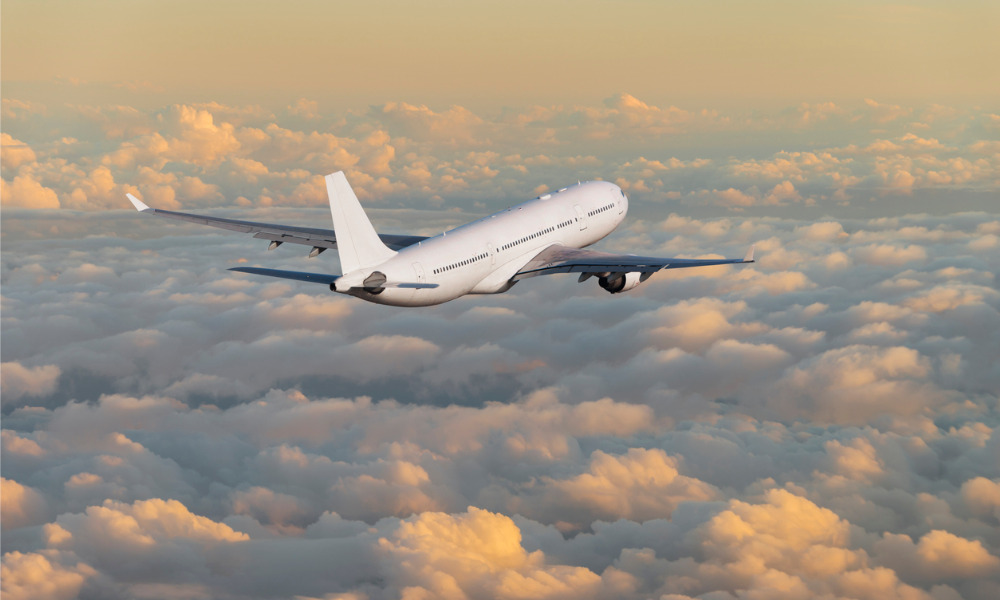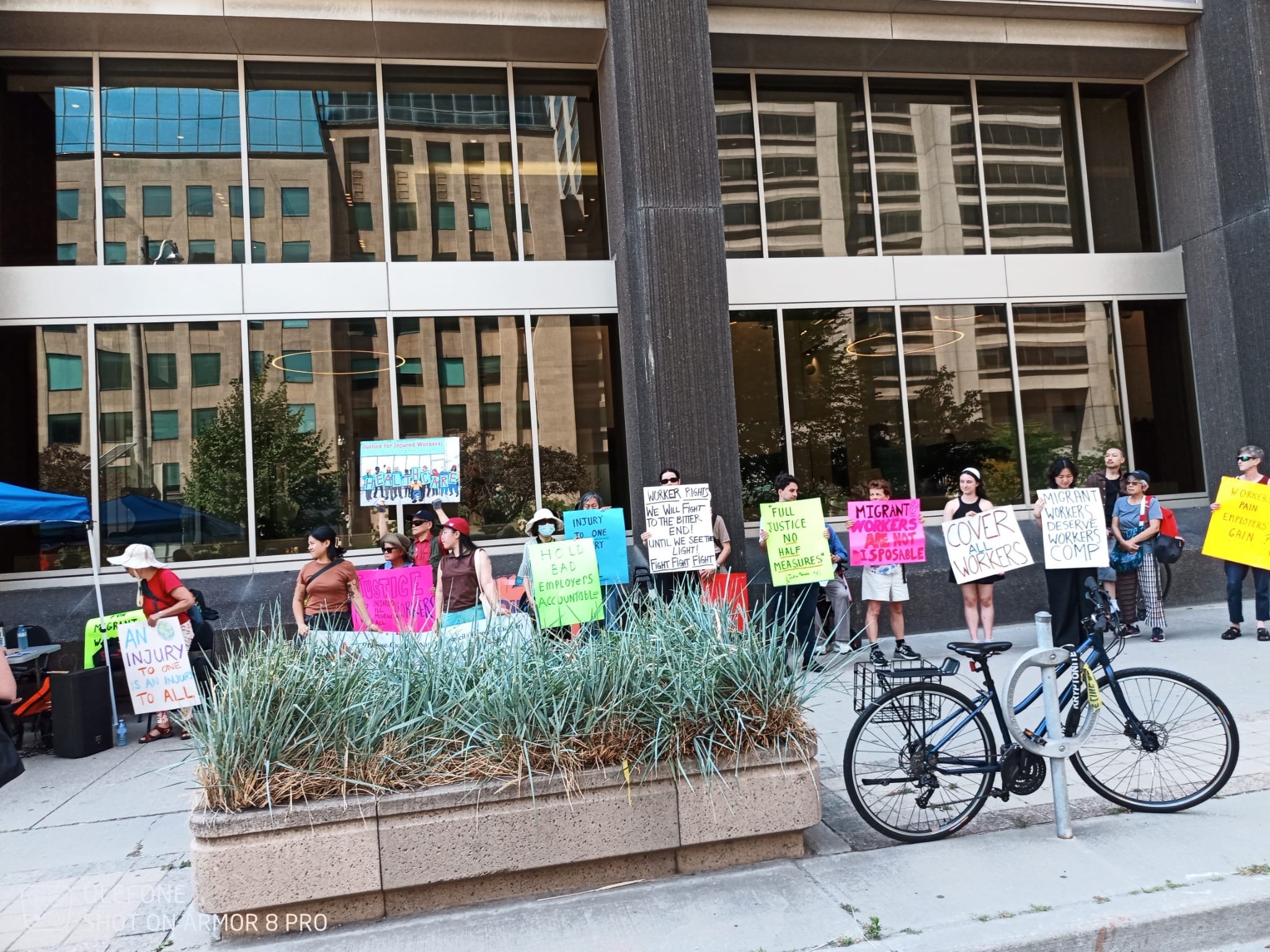‘The greater the economic damage to the industry, the less competitive and poised for recovery it will be as other countries provide significant direct financial aid to their own carriers’

The National Airlines Council of Canada (NACC) is asking for immediate financial aid from the Canadian government as the aviation industry continues to face unprecedented challenges amid the COVID-19 coronavirus pandemic.
"Our members and their employees continue to look forward to the government acting quickly to introduce liquidity measures for the industry,” said Mike McNaney, president and CEO of NACC. “This will provide the stability needed for the aviation sector to begin planning with government the policy initiatives needed to drive Canada's eventual economic recovery, in communities and businesses large and small across the nation, across all segments of the economy and internationally.”
The council noted that even though it has supported federal government efforts to fight the pandemic ꟷ by operating repatriation flights for stranded Canadians and bringing critical personal protective equipment (PPE) to the country, among others ꟷ Canada risks falling behind other major industrialized countries in supporting their airline industries.
“The preservation of a viable, domestic Canadian airline sector is critical to the strength of the Canadian economy. NACC member airlines are the central component of the overall air transport and tourism sector, which collectively supports more than 630,000 jobs and is responsible for generating 3.2 per cent of Canada's GDP,” said the council.
It noted that the aviation sector has been devastated and the damage continues to pile up. There has been an approximate 90 per cent drop in capacity, and the remaining flights are virtually empty. NACC carriers have $10 billion worth of aircraft now sitting idle.
Capital projects and work with suppliers across the aviation and aerospace supply chain have been stopped. Revenue has all but disappeared, along with forward bookings for the rest of the year with no uncertainty when travel restrictions may be lifted or reduced.
“The International Air Transport Association estimates that global airline industry losses this year will be US$314 billion and disruptions to air travel from COVID-19 could result in a 39.8 million reduction in passenger volumes in Canada,” said the union. “More broadly, the disruptions could also put at risk about 245,500 jobs in Canada and US$18.3 billion in GDP supported by the air transport industry and foreign tourists travelling to Canada by air.”
The economic impact of the pandemic is also expected to continue materially for the remainder of the year and into 2021, according to NACC.
On Tuesday, Sunwing became the third airline to apply for the Canada Emergency Wage Supplement (CEWS) in an effort to maintain as much of their workforce as possible. The airline announced on March 17 that is was laying off 470 pilots because of the pandemic travel downturn.
By using the CEWS, Sunwing will recall all these employees and will allow them to stay at home while receiving 75 per cent of their wages to a maximum of $847 weekly for up to 12 weeks. Air Canada and WestJet have also previously announced they are using CEWS to recall laid-off workers.





